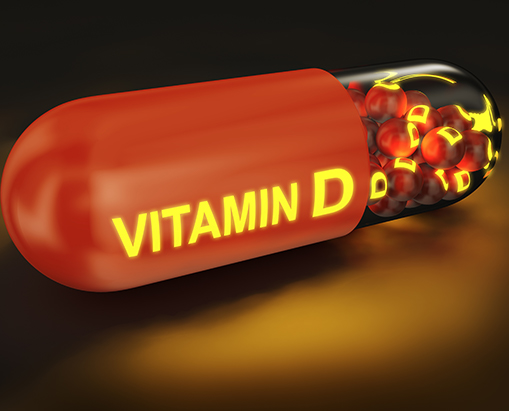Disclaimer: The Vitamin Suite Website DOES NOT substitute medical advice. This content (images/articles/blog pages/webpages) is intended for general informational purposes only and not to diagnose medical conditions or replace medical advice.
If you feel you may be having a medical emergency please contact 999 or your doctor immediately.
If you have any Health related concerns please contact a qualified physician/doctor as soon as possible.






